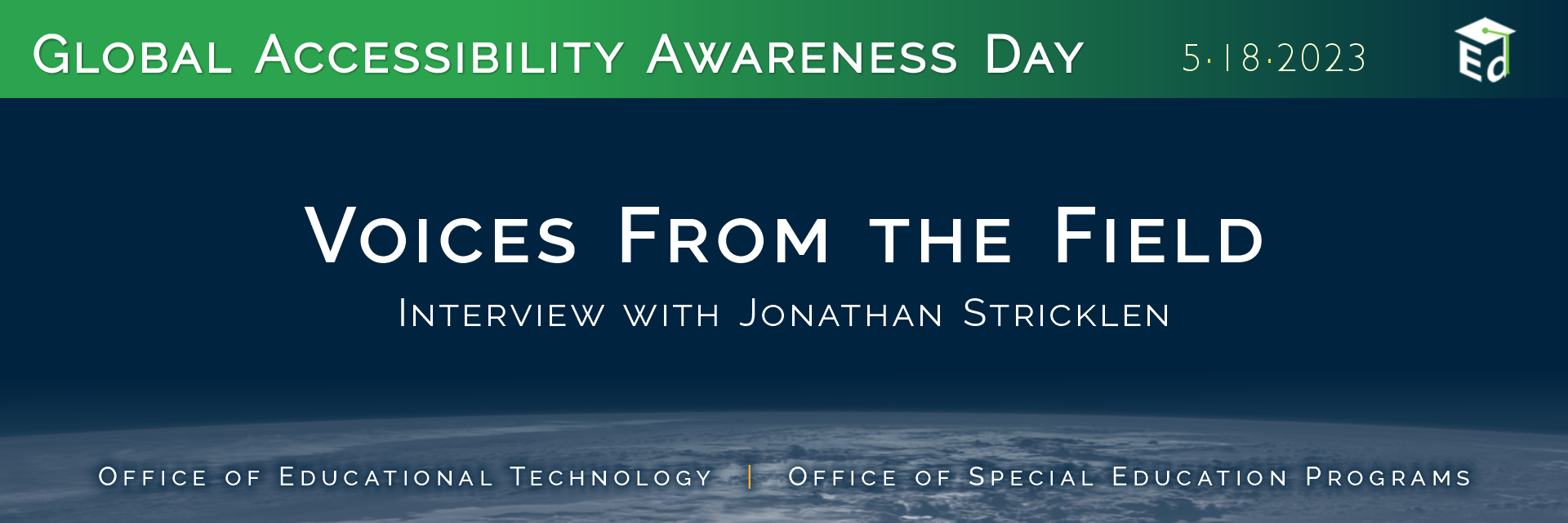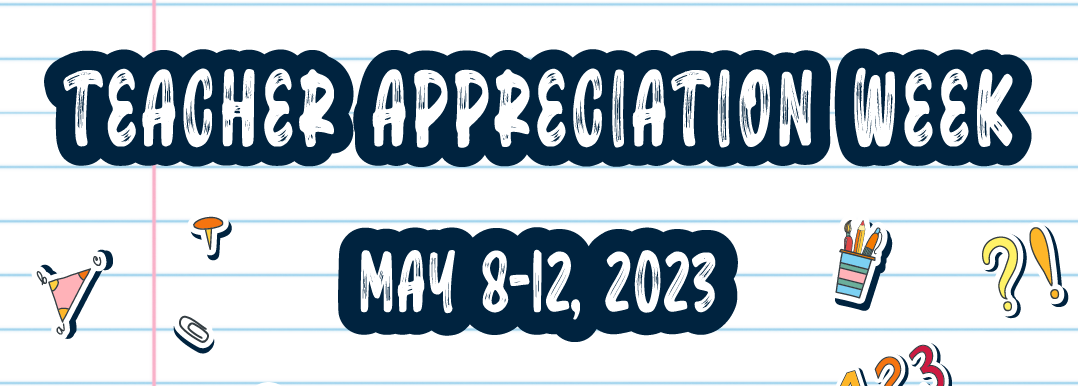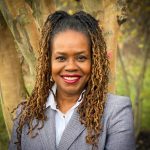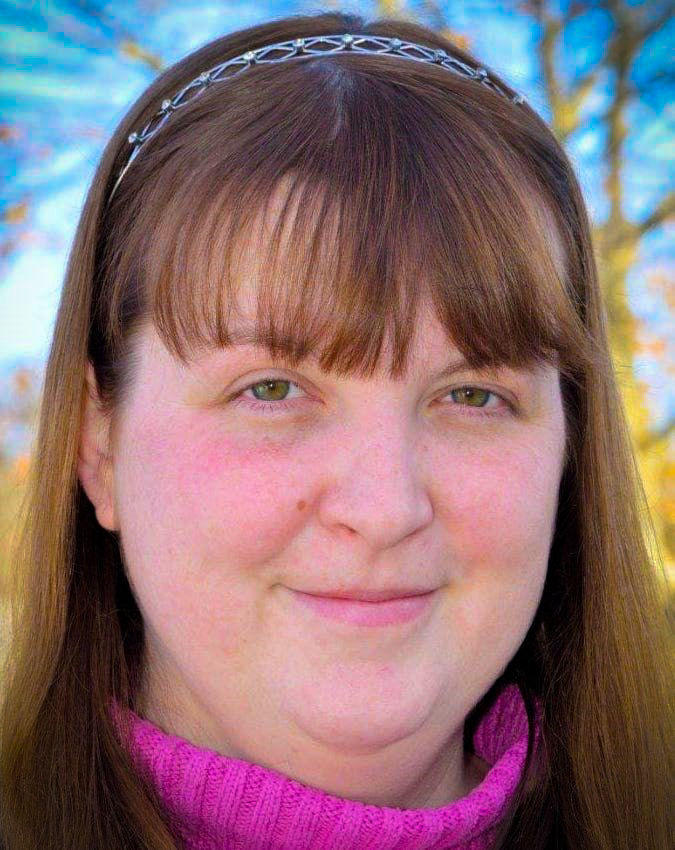By: Emily Frake, Office of Special Education Programs
July is Disability Pride Month, and in celebration, the Office of Special Education Programs will highlight work being done in the field of special education and voices that celebrate disability pride and promotes positive disability identity for students.
Did you know that July is Disability Pride Month?
July 26 marks the anniversary of the Americans with Disabilities Act, which became law in 1990. Because this ground-breaking legislation was signed in July, disability advocates around the country established July as Disability Pride Month.













